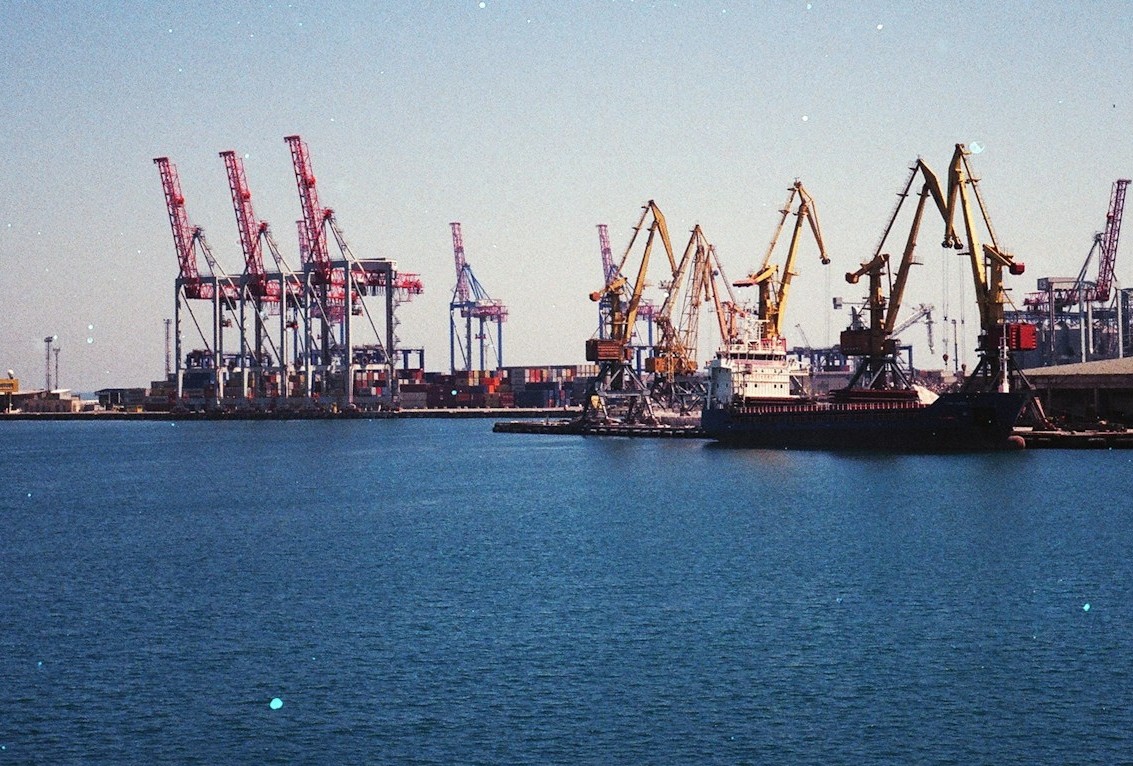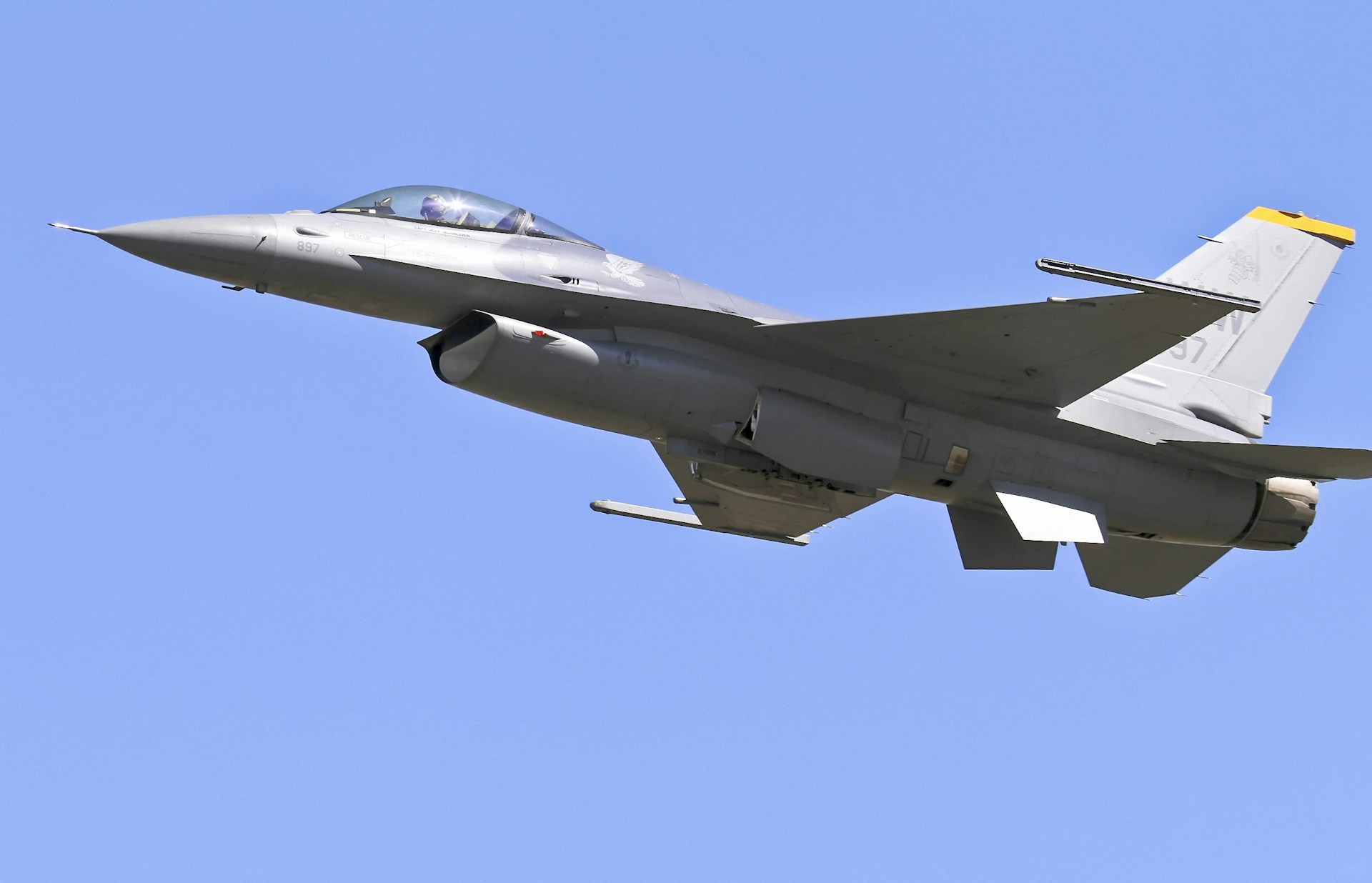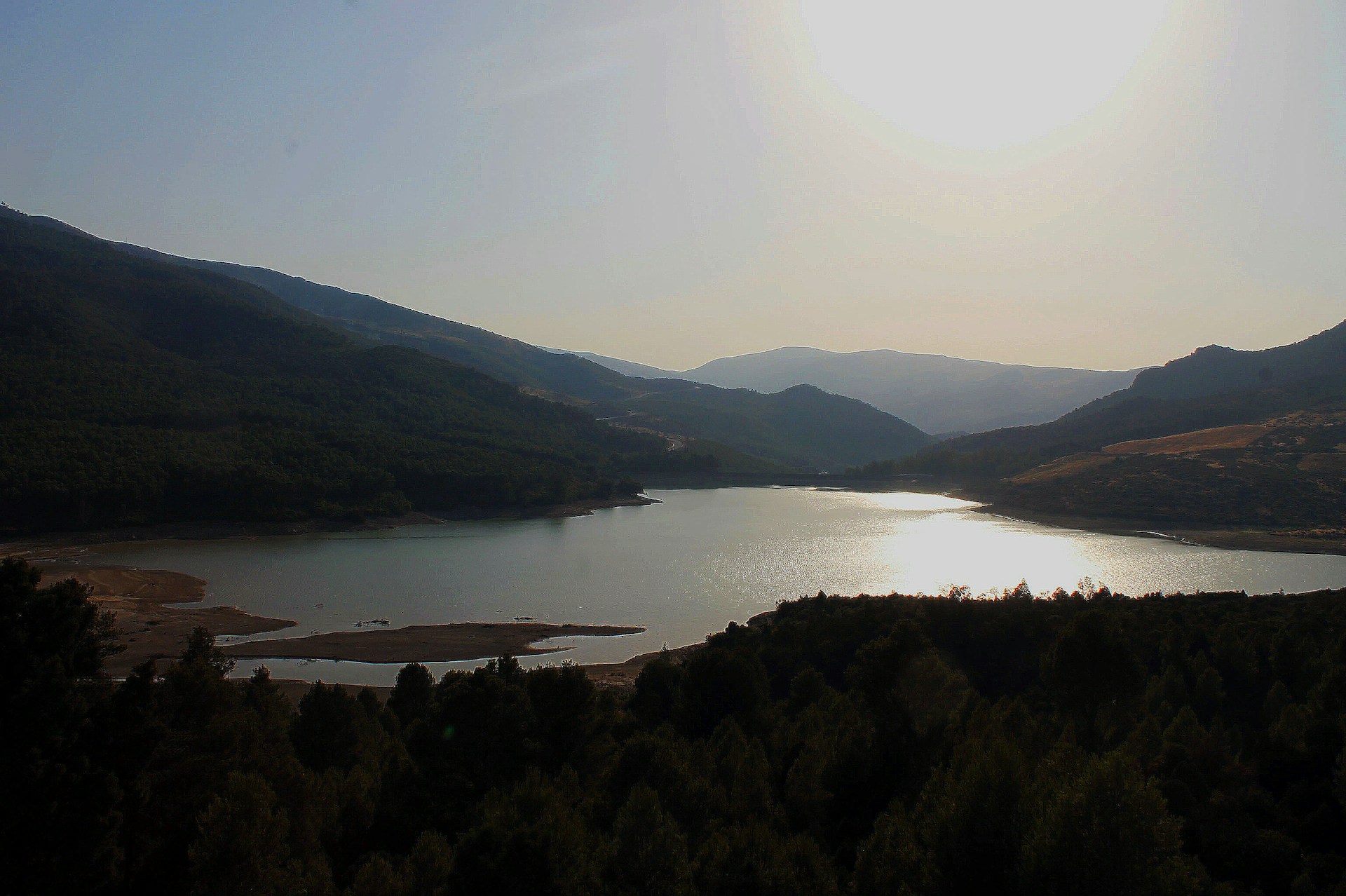Casablanca – Morocco’s oil import trends have undergone significant shifts amidst global geopolitical changes, particularly with regard to its imports of Russian petroleum products. Recent data from April 30, 2024, reveals a notable surge in Morocco’s weekly imports of Russian petroleum, totaling 76,000 tons. This increase reflects a 36% rise compared to the previous week, aligning with broader shifts in global oil trade dynamics.
Following the imposition of European sanctions on Russian oil after the Ukrainian war, Moscow has redirected its focus towards Africa to compensate for reduced exports to Europe. Morocco, alongside other African nations, has emerged as a notable importer of Russian oil amidst this strategic pivot. In 2023, Morocco’s imports of Russian diesel skyrocketed, reaching 10.2 million tons, a significant increase from 2.4 million tons in 2022. This trend continued into 2024, with Moroccan diesel imports from Russia totaling around 0.8 million tons in January alone.
Moreover, Morocco’s recent oil import activities have attracted scrutiny, with Spain’s “El Mundo” newspaper alleging illicit activities involving the importation of Russian diesel into Spanish territories by Morocco, followed by transfers to other European countries. In response, Madrid has launched investigations into Russian oil product entries into Spain, aiming to track the sources of all Russian oil shipments entering Europe via Spanish ports.
Despite these allegations, Morocco’s Economy and Finance Ministry has denied fraud accusations related to Russian gasoline imports, confirming that the country’s share of Russian fuel imports was 9% in 2020, 5% in 2021, and 9% in 2022. Furthermore, data from early 2023 indicates that the average price per ton of Russian gasoline was 9,522 dirhams (approximately $1,000), compared to 10,138 dirhams (approximately $1,070) per ton for gasoline from other sources, representing a 6% price difference.
In light of these developments, Morocco’s evolving role in the global oil trade landscape underscores broader shifts in energy markets and geopolitical dynamics. As Russia seeks to diversify its oil markets away from Europe, African nations like Morocco have become key import destinations, highlighting the ongoing transformation of traditional trade routes in response to geopolitical changes and market demands.
















